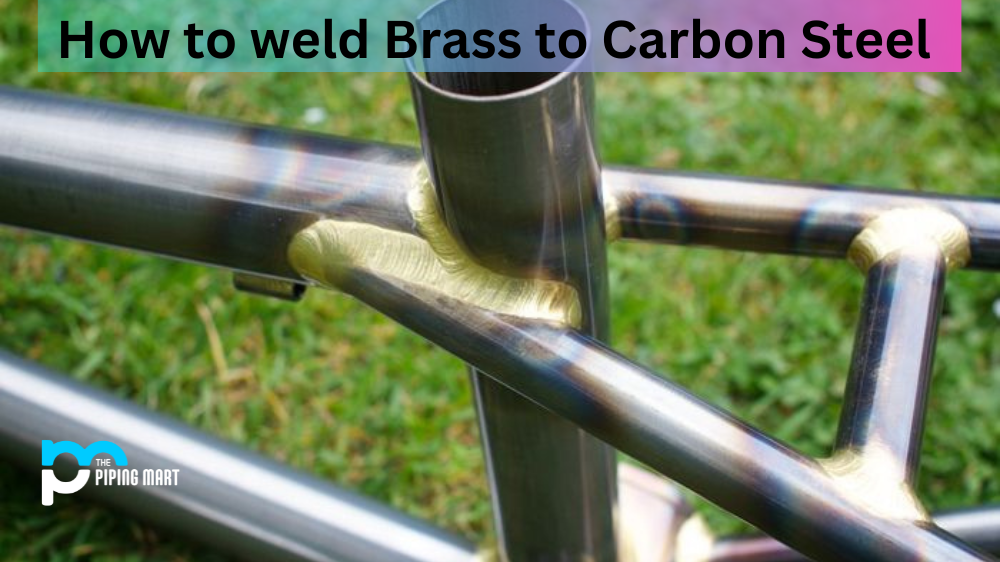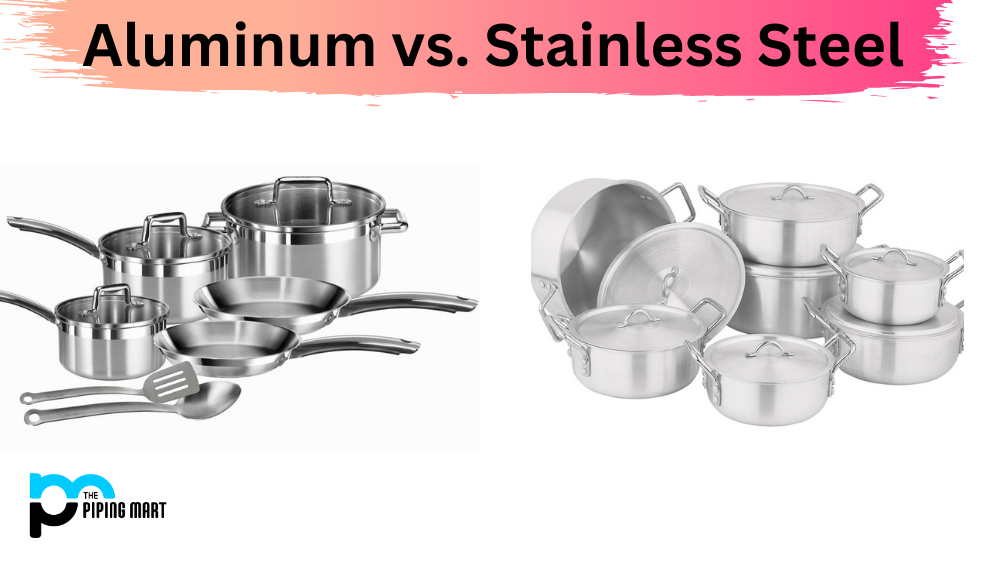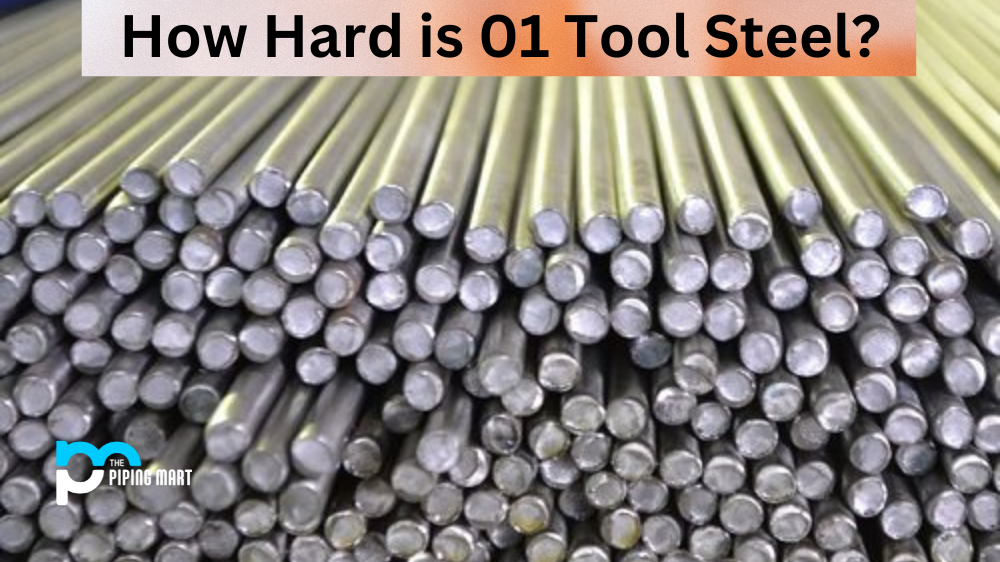Nickel and cast iron have been used in manufacturing, construction, and engineering industries for years. Each material has unique benefits and drawbacks, making it valuable in different scenarios. In this blog post, we’ll explore the advantages and disadvantages of each material so that you can make an informed decision when selecting the right one for your needs.
Nickel Advantages
The primary advantage of using nickel is its corrosion resistance. Nickel is naturally resistant to rusting, meaning it won’t corrode or break down over time due to exposure to moisture or other elements. This makes it ideal for applications with paramount durability, such as medical devices or automotive components. Also, nickel is highly malleable and can easily form complex shapes without compromising strength or integrity.
Nickel Disadvantages
The major downside to nickel is that it is a soft metal and can be easily damaged if not handled correctly. It’s also expensive compared to other materials, such as steel and aluminum, which can be prohibitively expensive depending on the application. Lastly, it’s worth noting that nickel is not magnetic like some metals are, so if you need a metal that will interact with magnets, you should look elsewhere.
Cast Iron Advantages
Cast iron has a number of advantages over other metals, such as steel or aluminum. It has excellent tensile strength—meaning it won’t bend under pressure—which makes it ideal for heavy-duty applications like bridges or buildings. It’s also incredibly durable; cast iron has been known to last centuries without showing signs of wear or deterioration. Also, cast iron has excellent heat conduction properties, making it perfect for cookware or radiators.
Cast Iron Disadvantages
While cast iron has many advantages over other metals, it also has some drawbacks. For starters, cast iron is very heavy—sometimes up to four times heavier than steel—making it difficult to work within certain applications where weight is an issue (such as automotive parts). Additionally, cast iron tends to rust quickly if exposed to moisture; this means regular maintenance must be performed to keep your cast iron components looking good and functioning properly. Finally, while strong overall, cast iron may shatter under sudden impact due to its brittle nature.
Conclusion:
Due to their unique characteristics and abilities, nickel and cast iron are popular materials used in various industries, such as manufacturing and engineering. When choosing between the two materials for your project, there’s no one-size-fits-all solution; instead, you must weigh the pros and cons of both materials relative to your specific needs before deciding which one will best serve your purpose. Nickel and cast iron have unique benefits; hopefully, this article helps you decide which will work best for your project!
Meet Heer, a dynamic and driven writer learning tricks of her trade in the metal industry. With a background in Digital Marketing, Heer brings a unique perspective to her writing, sharing valuable insights. Apart from blogging she like reading and hiking.




